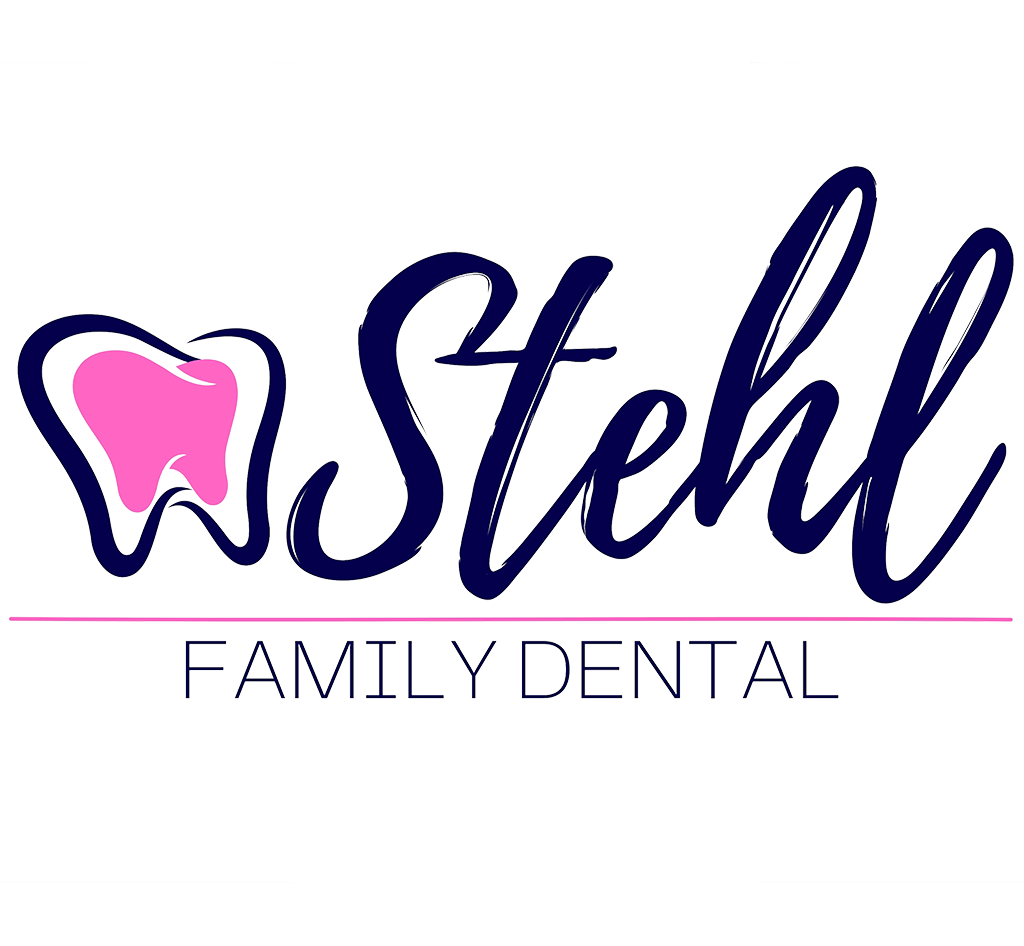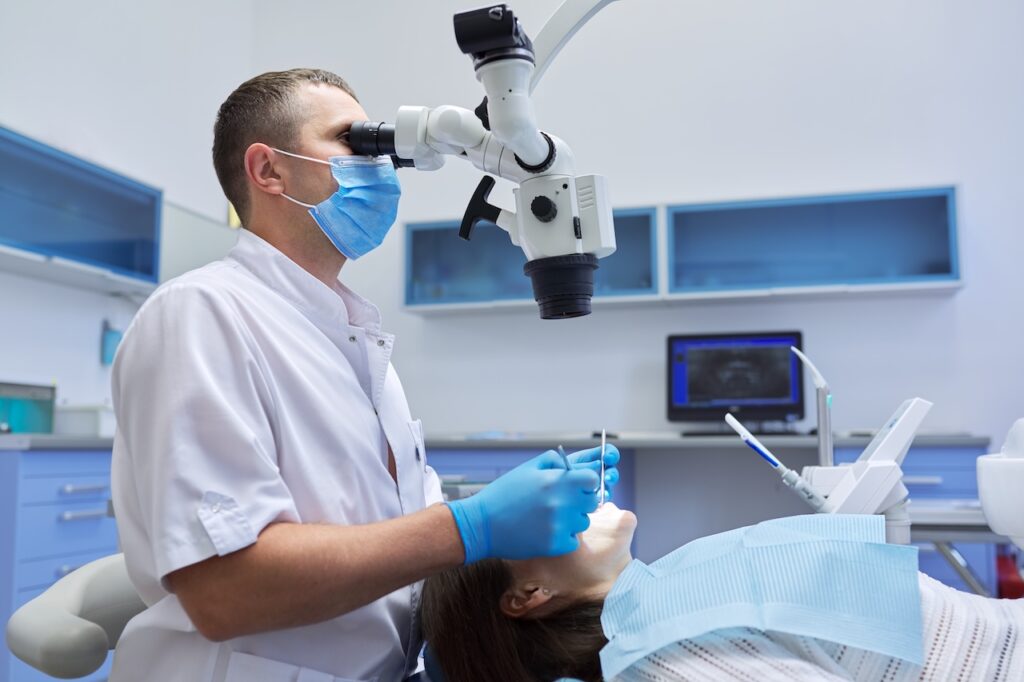Recognizing a dental abscess emergency is crucial for your oral health, and knowing how to respond could mean the difference between a minor procedure and a complex, long-term issue. In this comprehensive guide, we will explore the world of dental abscesses—what they are, how to spot them, and the urgency of abscess treatment. Arm yourself with knowledge; it could ultimately be what protects your smile.
The Stealthy Invader in Your Mouth: What is a Dental Abscess?
A dental abscess is a painful collection of pus that can form inside your teeth, in the gums, or in the bone that holds your teeth in place. This condition is a result of a bacterial infection, often triggered by poor dental hygiene, tooth decay, or trauma to the tooth. If left without proper abscess treatment, these infections can lead to severe, even life-threatening complications.
Understanding Its Origins
Abscesses can begin in the tooth’s inner chamber—where the nerve tissue and blood vessels are located, or in the surrounding bone and tissue. The main culprits behind abscesses are bacteria, which enter the tooth through tiny fractures or holes and spread, causing inflammation and tissue destruction.
Sounding the Alarm: Recognizing a Dental Abscess Emergency
How do you differentiate a routine toothache from an abscess that needs immediate attention?
The Telltale Signs
Common symptoms of a dental abscess include:
- Severe, persistent throbbing toothache
- Sensitivity to hot or cold temperatures
- Bitter taste in the mouth
- Fever
- Swelling in the face or cheek
- Swollen lymph nodes under your jaw or in your neck
If you experience some or all of these symptoms, it’s time for abscess treatment.
The Early Bird Catches the Worm
Understanding the urgency in this situation is the first line of defense against the potential spread of infection. If left unchecked, dental abscesses can lead to complications such as sepsis. Early detection is your best ally in preserving oral and overall health.
Emergency Protocol for a Dental Abscess
Once you suspect a dental abscess, there are immediate steps you can take to manage the situation until you reach professional care.
Step 1: Manage Pain and Swelling
Over-the-counter pain medications can provide temporary relief, while cold compresses can help reduce facial swelling. It’s crucial to avoid placing aspirin directly on the affected tooth or gum as it can cause burns to the soft tissues.
Step 2: Emergency Dental Care
Recognize when it’s time to head to the dentist. If you notice pus draining from the affected area, have difficulty breathing or swallowing, or if the swelling in your face gets severe, seek emergency dental care without hesitation.
What to Expect in an Emergency Dental Visit
Emergency dental visits for an abscess treatment often involve a thorough examination, possibly additional imaging like x-rays, and, as mentioned, immediate treatment to alleviate symptoms and start the healing process.
Communication is Key
Be prepared to discuss your symptoms, any medical conditions, and medications that you are taking. Clear communication helps the dentist tailor the treatment to your specific needs.
Aftercare and Follow-Up
Understanding the aftercare instructions, including any prescribed medications, and knowing when to follow up are critical steps in your recovery. The dentist will also guide you on long-term dental care practices to prevent future abscesses.
Proactive Measures: Preventing Dental Abscesses
The best way to manage dental abscess emergencies is to prevent them from happening in the first place.
- Engage in Robust Oral Hygiene Practices: Brushing at least twice a day, using dental floss to clean between your teeth, and rinsing with an antiseptic mouthwash are cornerstones of good oral hygiene.
- Diet and Lifestyle Adjustments: Limiting sugary and starchy food and drinks reduces the risk of tooth decay, and quitting smoking can also significantly improve your oral health.
- Regular Dental Check-Ups: Don’t skip your bi-annual dental visits. Regular check-ups can catch potential issues before they become emergencies.
Abscess Treatment at Stehl Family Dental
For dental care that’s as attentive as it is skilled, trust Stehl Family Dental in Lee’s Summit. Recognize the signs, know the steps, and take comfort in the expert care you’ll receive. Your oral health is precious—don’t wait for symptoms to turn into sirens. Take action today; call Stehl Family Dental and safeguard your smile.

